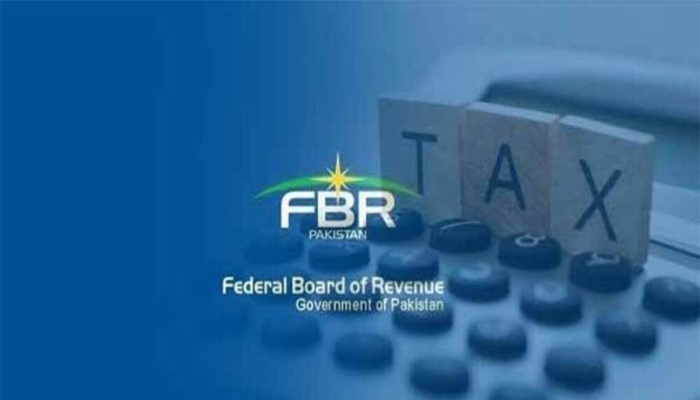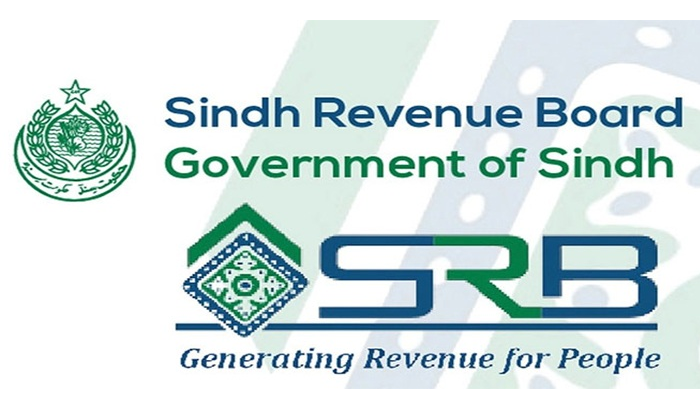Pakistan’s economy, currently grappling with numerous challenges, needs to pursue growth “cautiously and gradually,” according to Federal Bureau of Revenue (FBR) Chairman Rashid Mahmood Langrial.
Speaking during a special transmission on Geo News titled "Aakhri Mauqa: Pakistan Kay Liye Kar Dalo", Langrial emphasized the importance of adjusting the nation’s approach to economic growth and restructuring the taxation system to secure a more stable future for Pakistan.
In his remarks, Langrial acknowledged the strain Pakistan’s economy is under and warned that if growth is pursued without the proper calibration, it could lead to further deterioration. "If growth pressure did not calibrate in the right way, it will deteriorate... such understanding is present among the society and decision-makers that we have to move towards growth cautiously," he said. His comments came as part of a larger discussion among government officials, economists, and business leaders, addressing Pakistan’s economic difficulties and the path forward.
Langrial highlighted the need for improving the country’s tax-to-GDP ratio as a way to generate more revenue and eventually lower tax rates. With the country facing a challenging fiscal year, Langrial emphasized that effective tax reforms could provide the foundation for future growth while also easing the financial burden on citizens.
Pakistan, currently supported by the International Monetary Fund’s (IMF) $7 billion Extended Fund Facility (EFF), is striving to recover from a near-default situation. In 2023, the country’s foreign reserves were dangerously low, enough to cover less than a month's worth of controlled imports. The economy grew by a modest 0.92% in the first quarter of the fiscal year, far below expectations for recovery.
Amid these struggles, the government has been attempting to privatize state-owned assets, including Pakistan International Airlines (PIA) and the capital’s airport. However, these efforts have largely stalled, further complicating the nation’s economic recovery plan.
In the Aakhri Mauqa program, Langrial was joined by top economic experts and business leaders to discuss potential solutions for Pakistan’s economic issues. Among the prominent participants were Arif Habib, chairman of Arif Habib Group; Muhammad Ali Tabba, CEO of Lucky Cement; Muhammad Sohail, CEO of Topline Securities; and Ehsan Malik, CEO of Pakistan Business Council.
Hosted by senior journalist Shahzeb Khanzada, the program delved into key topics such as the current economic situation, taxation policies, public relief, and strategies to support the business community. The conversation highlighted the pressing need for structural reforms, effective taxation strategies, and comprehensive solutions to address Pakistan’s fiscal challenges.
As Pakistan looks to stabilize and rebuild, the government’s cautious approach to economic growth, combined with tax reforms, will be crucial in ensuring a sustainable future for the country.






